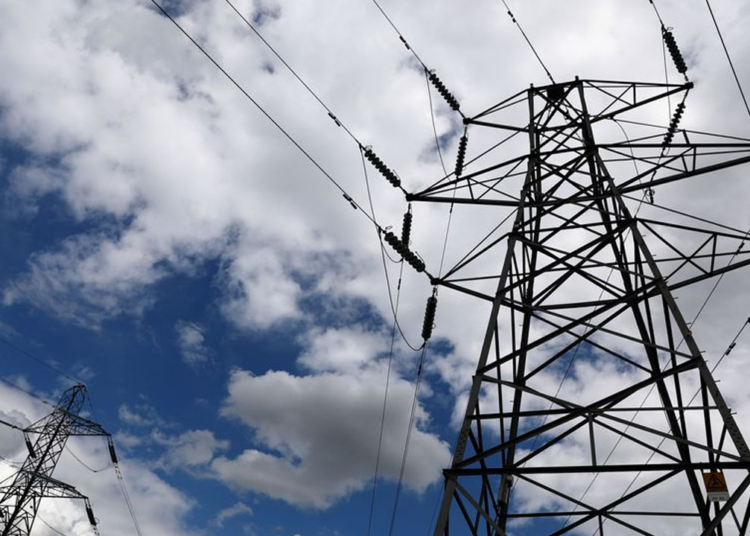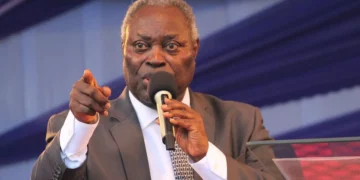Anyone paying attention to the electricity sector in Nigeria would recognise the dire need for infrastructural upgrade and improvement of the transmission network nationwide.
Traditionally, infrastructure has always been a governmental responsibility – especially in sectors like roads, airports, affordable housing, and utilities. As public finances are currently being stretched, private capital via Public Private Partnership needs to spring up and close the gap in funding to rescue the transmission infrastructure by constructing new transmission lines, upgrading, and installing new substations with the potential to increase electricity reliability.
Nigeria has twenty-three (23) power-generating plants connected to the national grid with the capacity to generate 11,165.4 MW of electricity, It’s being widely suggested that the current state of the transmission network in the country often limits the Generating companies (GenCos) from supplying electricity at their full capacity, due to the inability of the network to sufficiently deliver what should be evacuated to the national grid, leading to an inefficient use of the GenCos resources.
These Infrastructures refers to all the components notably 330kV, 138kV transmission lines, substations and towers needed to convey electricity usually over long distances from various power plants to electricity distribution networks connecting customers and suppliers.
Governments have often been reluctant to open this subsector for private participation. Following the Nigeria Electricity Act 2023 signed by President Bola Tinubu repealing the Electricity and Power Sector Reform Act of 2005 and introduces a range of key features including granting access to states, companies, and individuals to generate, transmit and distribute electricity.
Currently, the Transmission Company of Nigeria owned by the Federal Government is the sole custodian of the transmission ecosystem, which often comes with its lapses, for instance, high levels of network losses, low productivity, inadequate maintenance and recently strike inspired National Grid shutdown. The liberalization of the sector showcases the opportunity for private capital to be involved. The sector is, however, attractive to investors who are looking for long-term, inflation proof investments with a reliable return profile due to the essential nature of these assets.
The growth of private capital in transmission infrastructure is springing up in Nigeria. On July 11, 2023, the chairman of Geregu Power Plc Mr. Femi Otedola after a meeting with the Lagos state Governor Mr Babajide Sanwo-Olu and the President of the African Development Bank Group Dr Akinwunmi Adesina hinted on plans to develop a power transmission project in partnership with the Lagos state government, Nigeria’s first-ever PSP power transmission project. Although the full scope of the project remains unknown, we could generally infer the project aims to boost electricity reliability within the state by augmenting the transmission network, either by greenfield or brownfield transmission expansion investments.
Other state governments need to be proactive to take advantage of the Nigeria Electricity Act 2023, to complement existing infrastructure provided by the federal government. This can be done by engaging stakeholders, stimulating discourse to identify infrastructure intervention areas within their territories where electricity transmission can be improved, usually through a Build, Own, Operate, Transfer (BOOT) model and pitching their plans to the private sector.
An interstate collegial arrangement with the private sector would be ideal to fix this problem, collectively positioning Nigeria as a desirable destination for global infrastructure capital, drawing the attention of prominent foreign investments firms such as Actis, BlackRock, Brookfield, and Macquaire, participating in the golden age of infrastructure investment. There is a global competition for these sorts of private capital, and to be involved Nigeria’s leadership must be hands-on.
The experience from other developed economies demonstrate that multiple transmission owners can coexist without compromising efficiency or security of the transmission system. This has worked well because the National System Operator provides ongoing coordination from the design phase through system operations, while concessionaires are required to comply with the decisions of the sector regulator.
Transmission expansion projects take a long time to plan, approve and build, and their value depends on the quality of the intervention areas between the power plants and electricity demand on the other end of the line.
Hence, Nigeria and its subnational entities need to be intentional about its electricity sustainability and while we focus on accommodating other sources of renewable energy, for instance, waste to power systems and solar energy, the state of our transmission network should be excellent.
–Olumakaiye, writes from Warwick, United Kingdom.





